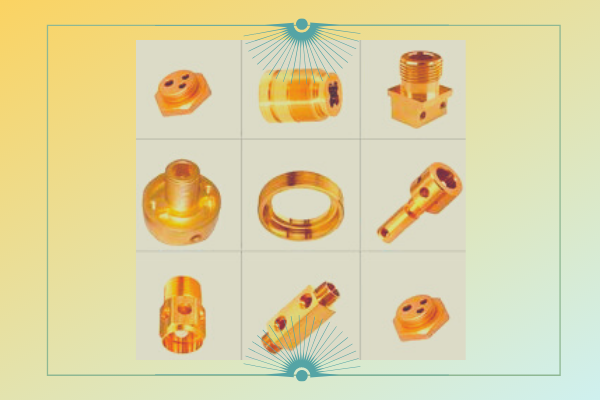When we deal with complex machinery there is rarely any alternative to turned parts. Machining has given us the precision that we require in complex structures and machines. Although it is cost effective in the long-run, machined products may seem more expensive when you first start out. But more often than not many buyers are ignorant of the CNC industry and how they can ensure cost-effectiveness and precision in their orders.
The secret to a successful partnership lies in understanding the other’s business. It helps in ensuring that we come up with a precise order and design. This helps the turned parts manufacturers to create the right product. It is also necessary to ensure economy of operation. Here are few of the parameters that must be kept in mind when placing an order:
Order in bulk
Ordering in bulk always gets one economy of scale since most manufacturers will offer discounts on bulk orders. You can further cut down on costs through annual contracts. An annual contracts assures the supplier that you are steady and long-term customer. You are offered a better deal because you are adding value to their business through your recurring order.
But it is not just the steady order that benefits your supplier. It also allows them tominimise tooling, setup and material costs. They can plan for economical manufacturing on their parts — a benefit that they can then pass on to you as the customer. The best way to ensure this is by checking the previous year’s demand and then creating a realistic estimate while keeping in mind your growth rate. In case there are going to be any changes from the original plans, let them know well beforehand.
Allow for delivery time
While it’s always advisable to go with a supplier who can assure emergency delivery, keep in mind that such services are usually offered at a price. If you want the supplier to deliver your products at a less than usual time-frame, you will probably have to pay extra. A better strategy is to keep sufficient lead time during the planning stages. Ask your supplier for the optimum order time and the time they will take for a cost-effective delivery schedule.
Customisation and standard parts
Customisation is one of the biggest benefits of machined parts industry. But it does come at a cost. There are ways by which you can minimize the cost of customization. But the most economical way is to go with standard products. Every turned parts manufacturer will offer these at a lesser rate. Not only does a standard size costs less,it is also more likely to be readily available. Look for free machining material wherever possible. Production costs are less and you can get a higher yield.The finished product is also likely to require little or no corrections. This further brings down the production costs and time.
For instance, if you want special threads instead of the standard, the manufacturer has to tweak the design. There are chances of errors in prototype, which takes time and money to perfect. A standard product does not require any such special consideration and can hence, be available at a short notice and minimal cost.
Special pricing for tolerance
High tolerance is sometimes sought by clients who are looking for high dimensional accuracy. But a very high tolerance requires special tooling and hence, higher costs. It’s better to specify tolerance that is no closer than what you require for actual functionality. Be very clear about the tolerance level you require and ensure that it is close to the standard at the planning stage.
Give a detailed design and plan
Creating a detailed design along with its part in the whole structure, helps the parts manufacturer to better understand and visualise what you are looking for. Even if you are hiring them to do the final design, your vision is critical in realising the actual part. It helps in reducing wastage and guides the manufacturer in understanding the functionality.
Special features
Turned parts manufacturers keep standard tools like drills, gages and reamers. If you want a significant change from the standard, it will require extra tools or effort. This could be something simple like full threads on screws or different hole diameters. Both require special gages an0d are often harder to create.



